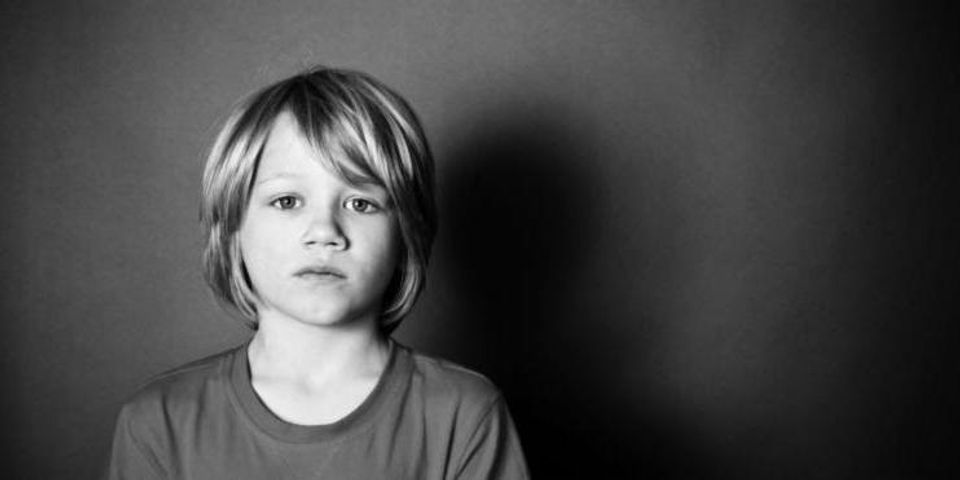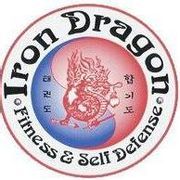Want Your Kids to Be Strong Leaders? Teach Them This About Bullying Immediately

|
Want Your Kids to Be Strong Leaders? Teach Them This About Bullying Immediately |
Inc magazine
"The only thing necessary for the triumph of evil is for good men to do nothing."--Edmund Burke
Close to one in three students report being bullied during the school year, and it happens just as often at summer camp, summer parties, and in summer school. Research also suggests that up to 64 percent of children don't report it, which means the real number could be even higher. This is a problem. The CDC lists potential negative outcomes of bullying as "depression, anxiety, involvement in interpersonal violence or sexual violence, substance abuse, poor social functioning, and poor school performance, including lower GPAs, standardized test scores, and poor attendance." Bullying can also lead to suicide. In the last few years alone, Rehtaeh Parsons (15 years old) and Audrie Pott (17 years old) committed suicide after evidence of their sexual assault surfaced and they were bullied by fellow students about it on social media. Worse, most states don't include cyberbullying in their criminal statutes, so prosecuting this kind of behavior is often either extremely difficult or impossible. Fortunately, there's a simple action that can be taken to dramatically reduce bullying and its effects. The usual response from adults is to teach kids to report the behavior to an adult or to tell bullied kids to stand up to a bully directly. Yet according to the National Center for Educational Statistics, school-based bullying prevention programs only limit bullying by up to 25 percent, and standing up to your attacker directly often doesn't work. Remarkably, something else does stop bullying a whopping 57 percent of the time: when a peer intervenes. This is a fundamental shift in perspective. It isn't about teaching kids being bullied to take action, nor is it to report the issue to an adult. While these can both help sometimes, according to the National Bullying Prevention Center, "Students who experience bullying are more likely to find peer actions helpful than educator or self-actions." We need to teach kids that they have real power when it comes to stopping bullying. That, in fact, in many cases they actually have more power than adults -- that they can be leaders. And their power doesn't come from saying the "right" thing; it comes from saying anything at all. In other words, teach your kids this: Speak up. It turns out this is good for more than just the person being bullied. Social science research shows that bystanders' "belief in their social self-efficacy [is] positively associated with defending behavior and negatively associated with passive behavior." Put bluntly, kids feel good about themselves when they stand up for someone, and bad about themselves when they don't do anything. So tell them to speak up, and that it's never too late. Sure, it'd be great if a kid could have their wits about them enough to defend another kid against a bully while it's actually happening. But even if you know what to do in the moment or you freeze up, you still have the power to help. You can stand next to the person the next time the bully is around. You can sit next to him/her and talk to them about something else -- show them you don't think they're worthless. And no matter when, you can always say, "Hey, I saw what happened and I want you to know that kid was out of line. You're not [fat/stupid/retarded]. That was bullying." The same goes for cyberbullying -- teach kids to say something. A mean Instagram or Facebook comment can be followed up with, "This is bullying. Not cool." The point is simply to add a voice to the dialogue that says, "I see what's happening here, and it's not OK." Anything said by someone other than the bully or the person being bullied -- a witness -- is critically valuable. Bullies aren't limited to the schoolyard, either. Most of us have been in a work environment where one person was unduly criticized or singled out for something out of proportion to whatever they had done or not done. How many of us said something about it? We should all be mindful of our power to be a force of good in the world. Small actions can have huge impact. They can literally save a life. When you notice someone else's pain in a respectful way, it takes away some of the hurt. It says, "I see you." It says, "Your suffering matters." It says, "You are not alone."
Real leadership isn't about doing things perfectly. It's about knowing what's wrong and standing behind what's right. It's about speaking up. The biggest lessons kids get in school don't always happen in the classroom. Let this be one of them. The opinions expressed here by Inc.com columnists are their own, not those of Inc.com.
PUBLISHED ON: JUN 29, 2016 |
About the Business
Have a question? Ask the experts!
Send your question

